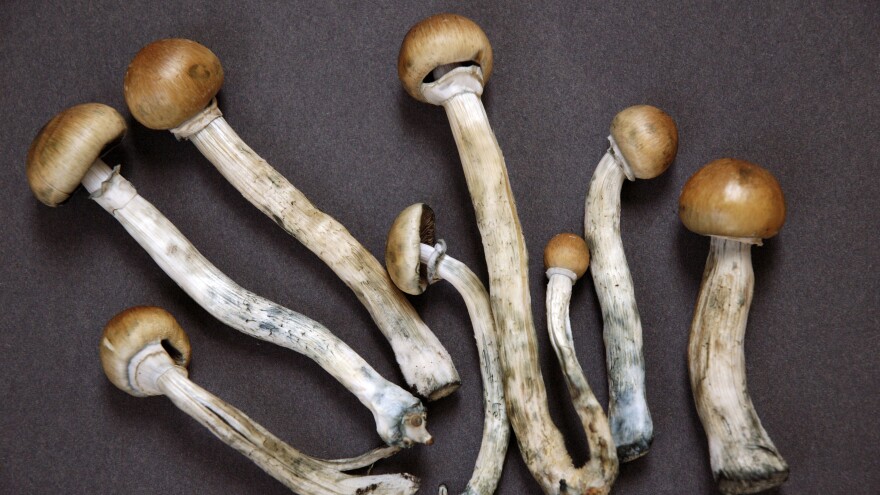Denver voters narrowly approved a grassroots ballot initiative to decriminalize psilocybin mushrooms, commonly referred to as psychedelic mushrooms.
What appeared to be a failed effort on the evening of Tuesday's referendum made an unexpected comeback the following afternoon, when Denver election officials released the final count. It showed a slim majority of 50.56% voted in favor of Ordinance 301.
The action doesn't legalize psilocybin mushrooms, but it effectively bars the city from prosecuting or arresting adults 21 or older who possess them. In the ballot language, adults can even grow the fungus for personal use and be considered a low priority for Denver police. The changes could take effect as soon as next year.
What happened in Denver may be the start of a much larger movement, which seeks safe access to psilocybin for its purported medicinal value. Supporters point to research suggesting psilocybin is not addictive and causes few ER visits compared with other illegal drugs. Ongoing medical research shows it could be a groundbreaking medicine for treatment-resistant depression and to help curb nicotine addiction.
In Iowa, a Republican lawmaker recently proposed two bills to remove the drug from the state's list of controlled substances. And in Oregon and California, campaigns are working to get similar issues on the ballot for the 2020 elections.
Kevin Matthews, director of the Denver campaign, often recounted his personal experience of using mushrooms to treat what he described as a crippling depression. He told NPR that the results from the Denver voteshows that society's perception of psychedelics has changed.
"Our victory today is a clear signal to the rest of the country that Americans are ready for a conversation around psilocybin," he said.
Officials with the DEA office in Denver said they will continue prosecuting cases of psilocybin possession and trafficking. Under federal law, it remains a Schedule 1 drug that's considered to have "no accepted medical use and a high potential for abuse."
Copyright 2021 Harvest Public Media. To see more, visit . 9(MDA5NTM4MTIyMDE0MTg3NDc2MTVlZjdmNQ001))


